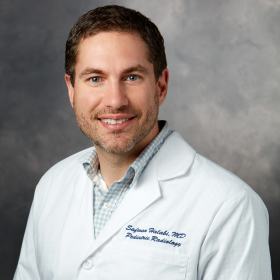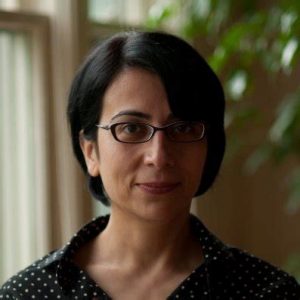The Clinical Research Methods Webinars are hosted by the UW CLEAR Center and the PM&R Journal. The webinar series focuses on key topics that research investigators, journal editors, and clinicians encounter as they develop and conduct research studies, review research manuscripts, and stay up-to-date on the latest research in their field. All CLEAR Center methods webinars are recorded and archived on the CLEAR Center website.
Click here for Webinar Registration.
Date: Monday, April 26, 2021
Time: 9-10am Pacific / 12-1pm Eastern
Presenter: Safwan Halabi, MD
Title: “Functionality of Federated Learning for Artificial Intelligence Analysis of Patient Data”
Date: Monday, July 26, 2021
Time: 9-10am Pacific / 12-1pm Eastern
Presenter: David Benkeser, PhD
Title: “Recent Advances in Machine Learning and Causal Inference”
Date: Monday, October 25, 2021
Time: 9-10am Pacific / 12-1pm Eastern
Presenter: Meliha Yetisgen, PhD
Title: “Extracting Information from Clinical Narratives for Secondary Use Application”
About the Speakers

Dr. Safwan Halabi
Safwan Halabi, MD is a Clinical Associate Professor of Radiology at the Stanford University School of Medicine and serves as the Medical Director for Radiology Informatics at Stanford Children’s Health. He is board-certified in Radiology with Certificate of Added Qualification in Pediatric Radiology. He is also board-certified in Clinical Informatics. He clinically practices obstetric and pediatric imaging at Lucile Packard Children’s Hospital.
Dr. Halabi’s clinical and administrative leadership roles are directed at improving quality of care, efficiency, and patient safety. He has also led strategic efforts to improve the enterprise imaging platforms at Stanford Children’s Health. He is a strong advocate of patient-centric care and has helped guide policies for radiology report and image release to patients. He has published in peer-reviewed journals on various clinical and informatics topics. His current academic and research interests include imaging informatics, deep/machine learning in imaging, artificial intelligence in medicine, clinical decision support and patient-centric health care delivery. He is currently the Chair of the RSNA Informatics Data Science Committee and serves as a Board Member for the Society for Imaging Informatics in Medicine.

Dr. David Benkeser
David Benkeser, PhD is an Assistant Professor of Biostatistics and Bioinformatics at Emory University Rollins School of Public Health and obtained his PhD from the University of Washington. His methodological research focuses on the theory and applications of machine learning in causal inference. He has applied this methodology across many areas of public health including the analysis of preventive vaccines, early childhood growth and nutritional epidemiology, cardiovascular epidemiology, pediatric medicine, health economics, and studies of HIV prevention.
Dr. Benkeser’s specific areas of interest include competing risks, complex longitudinal data, and theory of robust nonparametric statistical inference. He teaches courses on statistical theory, causal inference, and tools for data science at Emory University. His recent collaborative research focused on evaluating efficacy in COVID-19 vaccine trials.

Dr. Meliha Yetisgen
Meliha Yetisgen, PhD is an Associate Professor in the Department of Biomedical Informatics and Medical Education and Adjunct Associate Professor in the Department of Linguistics at the University of Washington (UW). She leads the UW-BioNLP research group. Before joining the University of Washington, she worked in industry as a researcher. During this period, she designed and developed statistical Natural Language Processing systems for event extraction from various types of text.
Dr. Yetisgen has extensive experience in large-scale annotated corpora creation with crowd sourcing and active learning. Her current research specializes on the design and development of text processing systems in the clinical domain for a wide range of secondary use applications. Dr. Yetisgen received her BS degree on Computer Engineering from Bilkent University (Ankara, Turkey) and MS degree on Computer Engineering from Middle East Technical University (Ankara, Turkey). She received her PhD from University of Washington with a thesis on automated hypothesis generation from biomedical literature.
